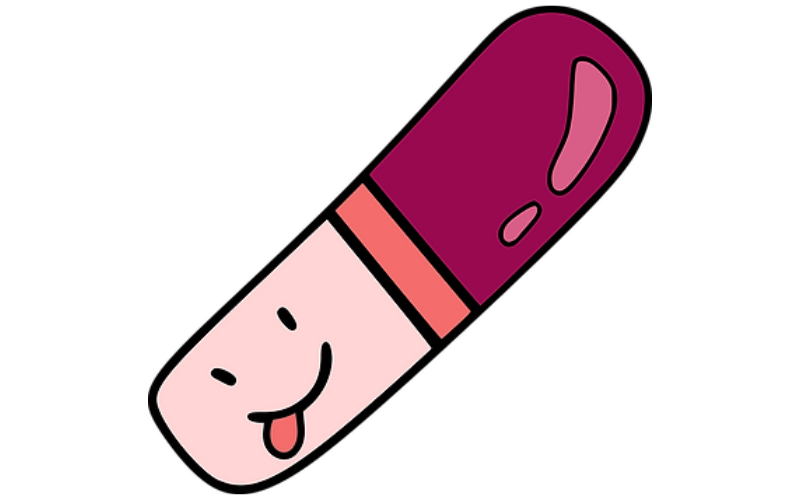Buy your weekday smoothies and get your weekend ones for free. (7 for the price of 5!)

 Beans, beans, the magical pill! The more you eat the less you ill. The less you ill the better you feel. Eat your beans at every meal!
Beans, beans, the magical pill! The more you eat the less you ill. The less you ill the better you feel. Eat your beans at every meal!
Silly, I know. . . .but what if there were a magical pill, one that would
-
Lower your total cholesterol & LDL as much as the leading statin (cholesterol lowering drug)
-
Lower your risk of heart attack by 38% (Kabagambe et al, 2005)
-
Reduce your risk of type-2 diabetes by 38% (Villegas et al, 2008)
-
Lower fasting blood glucose and insulin levels
-
Reduce HbA1c as much as oral medication (Sievenpiper et al, 2009)
Furthermore, what if this magic pill had no negative side effects, was very inexpensive, and didn’t require a prescription? What if, on top of all that, this magic pill helped you achieve and maintain a healthy weight?
Beans versus cutting calories
In fact, when put head-to-head against caloric restriction, researchers found that bean consumption also resulted in a slimmer waistline (Mollard et al, 2012)! That’s right, half the test subjects were asked to eat MORE food (beans) while the other half were asked to eat LESS food (500 calories less per day!). The bean eaters also experienced a greater reduction in some of the risk factors for metabolic syndrome than the calorie restrictors.
Y’all, this is only one study, but numerous studies have uncovered associations between bean consumption and weight loss or lower body mass index.
Beans and satiety
For instance, due to their fiber and protein content, legumes appear to impart a sense of fullness and satiety (Marinangeli & Jones, 2012; McCrory et al, 2010).
Beans and protein
One study compared 4 different protein-rich diets, and the test group who ate the most beans lost the most weight and experienced significant reductions in waist circumference, body fat, blood pressure, and total cholesterol—all from just eating beans four days/week (Abete, 2009).
Best weight loss pill EVER
Finally, if you’re looking for a way to get more beans in your diet, check out WellBean, the snack bar that actually improves the overall quality of your diet with three nutrient-rich ingredients--beans, fruit, and nuts. Fill yourself with WellBean. :-)
